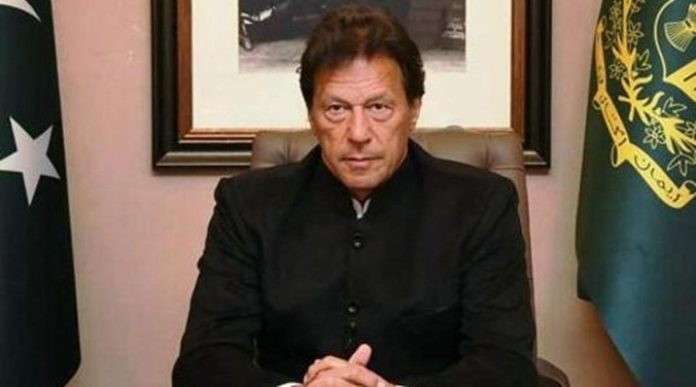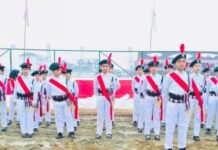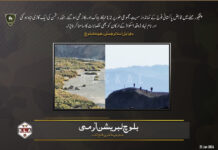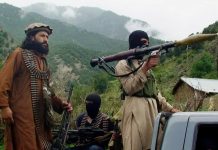New Delhi (NVI): Pakistan Prime Minister Imran Khan’s recent remarks that there is no media crackdown have further exposed the Pak government’s hypocrisy on the press freedom, especially at a time when Mir Shakilur Rehman, editor-in-chief of the Jang group, the largest media organization in the country, has been in pretrial detention since March 12 this year.
Khan’s recent “don’t mind criticism” remark also indicates the level of this hypocrisy for press freedom in the country. “I don’t mind criticism but there is blatant propaganda against the government. Unfortunately, it is the government who feels unprotected, not the media,” Khan was quoted as saying by Al Jazeera.
Rehman had been arrested in Lahore by the Pakistan government’s National Accountability Bureau (NAB), an anti-corruption agency, on charges relating to a 34-year-old property transaction, writes Brad Adams, executive director of Human Rights Watch’s (HRW) Asia division.
Rehman, 63, had requested bail on grounds of ill-health, but on July 8, the Lahore High Court denied his request. The Supreme Court Bar Association and the Pakistan Bar Council, the top elected bodies of lawyers in the country, criticized the ruling as “disappointing and painful.”
According to Brad Adams, the NAB has been widely criticised as being used for political purposes and it’s evident that the charges against Rehman were politically motivated. Rehman’s ordeal epitomizes the fast-shrinking space for dissent and criticism in Pakistan, he writes.
The Jang Group alleges that since 2018, its reporters, editors, and producers have received more than a dozen threatening letters for its critical reporting of the NAB. GEO TV, a private television channel that is part of Jang Group, was temporarily forced off the air and audience access was restricted as punishment for editorials criticizing the government.
The HRW executive director further writes that Pakistani authorities frequently use prolonged pretrial detention as a form of punishment and intimidation.
The United Nations Human Rights Committee, which monitors state compliance with the International Covenant on Civil and Political Rights, has stated that “pretrial detention should be an exception and as short as possible.”
“In Pakistan, arbitrary arrest, detention, and baseless criminal prosecutions are used as instruments of press censorship. So long as Rehman and others in the media are punished for practicing journalism, Prime Minister Khan’s statement that ‘I don’t mind criticism’ is not worth the paper it won’t be printed on,” says Adams in his report on press freedom in Pakistan.
Pakistan is ranked 145th out of 180 countries in Reporters Without Borders (RSF) 2020 World Press Freedom Index, three places lower than in 2019.
The United Nations Human Rights Office has also expressed its concern over the increasing instances of threats of violence against journalists and human rights activists in Pakistan.
In another recent case of violence against media professionals, Shaheena Shaheen Baloch, a female journalist, artist and social activist, was shot dead in Tehsil Turbat of district Kech in Balochistan.
Shaheena, who was killed earlier this month, was the host of a morning show on PTV Bolan, Chief-in-editor of the Baloch magazine ‘Dasgohar’ and an artist. She believed in gender equality and had also campaigned for women rights in Balochistan.
-ARK








